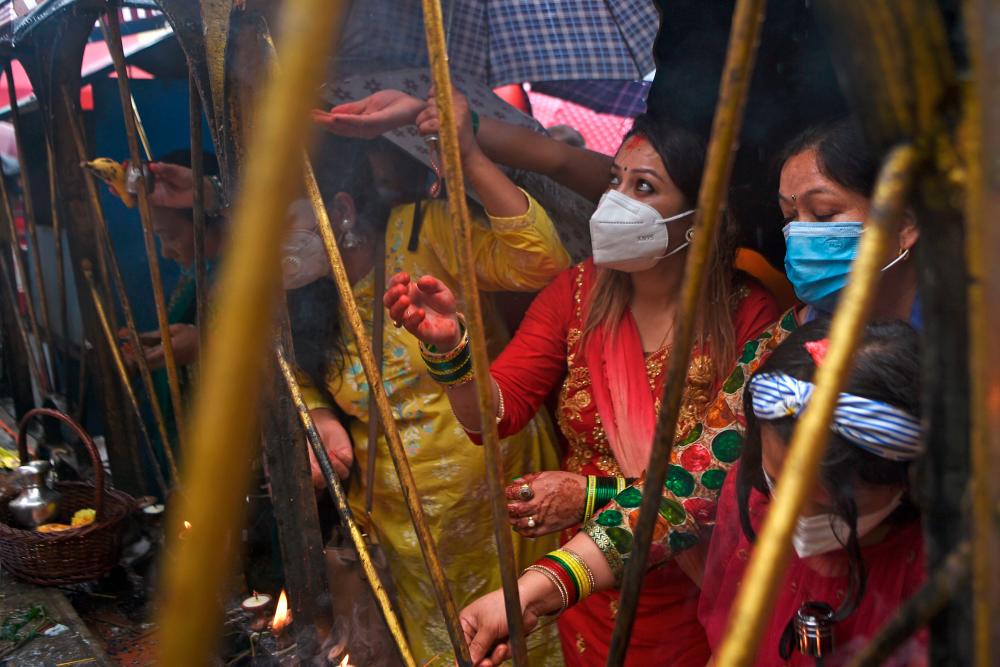NEPAL on July 21 said it will resume international commercial flights in mid-August and announced an end to its coronavirus lockdown in a boost for the struggling tourism sector.
The Himalayan nation shut its airports in late March to combat the spread of the virus, which has so far infected 17,844 people and claimed 40 lives in the country.
The shutdown hit just before the peak of the tourism season, when hundreds of mountaineers and trekkers visit Nepal, costing the industry – a key part of the economy – millions of dollars.
The decision to restart commercial domestic and international flights from August 17 was taken in a cabinet meeting July 20, Nepal’s Tourism and Civil Aviation Minister Yogesh Bhattarai said.
“The ministry is working on safety protocols for airport management, flight operators and passengers for the purpose,“ he told AFP.
The announcement came ahead of the government’s decision late Tuesday to lift the months-long lockdown, which has been gradually eased over the past few weeks.
“We are ending lockdown from tonight (midnight) but it doesn’t mean that we don’t have any threat of health risks,“ government spokesman Yubaraj Khatiwada told reporters in Kathmandu.
Khatiwada said Nepalese should continue to observe social distancing and other virus-safety measures.
Schools and cinemas would remain closed and large-scale gatherings would be banned.
Long-distance buses are set to resume operations on the same day as flights.
All arriving and departing international passengers would need to have a certificate saying they are not carrying the virus.
Bhattarai said arriving travellers would also have to stay in quarantine, without specifying the duration.
About one-third of the 1.2 million visitors to Nepal last year arrived during the autumn season, according to government figures.
“It is... positive news and we have been receiving questions from clients,“ Nabin Trital of the Trekking Agencies’ Association of Nepal told AFP.
“We are discussing... protocols to ensure (the) safety of those who visit.” - AFP














